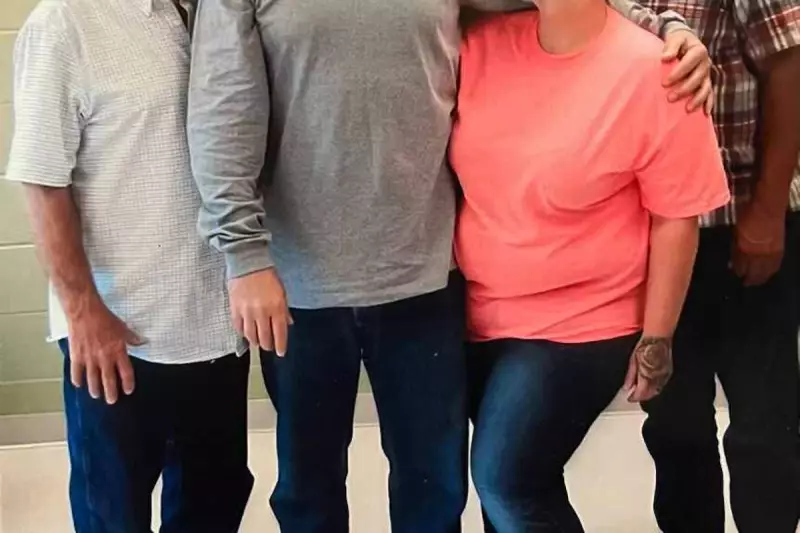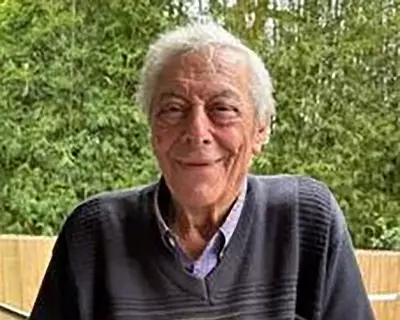
Man Walks Free After 27 Years on Death Row
In a remarkable turn of events, a Louisiana man who spent nearly three decades awaiting execution has been released on bail after his murder conviction was overturned. Jimmie Duncan, originally sentenced to death in 1998, walked free on Wednesday 26th November 2025 following a judicial ruling that questioned the scientific validity of evidence used to convict him.
Flawed Forensic Evidence Overturns Conviction
Fourth Judicial District Court Judge Alvin Sharp threw out Duncan's conviction in April after hearing expert testimony that the forensic evidence presented at his original trial was "not scientifically defensible". The case centred on the death of 23-month-old Haley Oliveaux, daughter of Duncan's then-girlfriend Allison Layton Statham, who prosecutors alleged had been raped and drowned.
Judge Sharp noted in his Friday order granting bail that "the presumption is not great that he is guilty", citing new evidence presented at an evidentiary hearing last year and Duncan's lack of prior criminal history. The ruling represents a significant development in a case that has drawn attention to the use of controversial forensic techniques in American courtrooms.
Bite Mark Analysis: The 'Junk Science' That Convicted an Innocent Man
Duncan's legal team revealed that prosecutors had relied heavily on bite mark analysis conducted by two experts later linked to at least 10 wrongful convictions. Mississippi-based forensic dentist Michael West and pathologist Steven Hayne examined Oliveaux's body, with court filings describing how West "forcibly pushing a mold of Mr. Duncan's teeth into the child's body — creating the bite marks" later used to convict him.
M. Chris Fabricant, an Innocence Project lawyer representing Duncan, told the court during the bail hearing that "Bite mark evidence is junk science, and there is no more prejudicial type of junk science that exists than bite mark evidence." The discredited method has led to dozens of wrongful convictions or charges since 2000, according to an Associated Press review from 2013.
The same experts' testimony previously led to the wrongful convictions of two Mississippi men, Levon Brooks and Kennedy Brewer, who served a combined three decades in prison for similar crimes before DNA evidence cleared them.
Mother's Heartbreaking Testimony Supports Release
In an emotional development, the mother of the deceased girl told the court she now believes in Duncan's innocence. Allison Layton Statham testified during Duncan's bail hearing in Ouachita Parish that her daughter, who had a history of seizures, had likely died from "accidental drowning" in a bathtub.
"Haley died because she was sick," Statham stated according to court records, adding that "The horror story that they put out and desecrated my baby's memory makes me infuriated." She blamed prosecutors and forensic experts for concocting a lie that destroyed multiple lives, stating she had never been informed of evidence that could have exonerated Duncan earlier.
Legal Battle Continues Amid Mixed Reactions
Duncan was released after posting a $150,000 bond and plans to live with a relative in central Louisiana. However, his legal ordeal continues as the Louisiana Supreme Court reviews his vacated conviction.
Louisiana Attorney General Liz Murrill, who advocates hastening executions of death row inmates, opposed Duncan's release pending the Supreme Court's review. Despite this objection, the high court allowed a district judge to rule on the bail request.
Duncan's attorneys described their client as a "model prisoner" who helped other death row inmates obtain their GEDs and has "strong community support for his release." They believe his release marks "a significant step forward for Mr. Duncan's complete exoneration."
The case highlights broader concerns about wrongful convictions in Louisiana, which has one of the highest wrongful conviction rates in the United States. According to the Death Penalty Information Center, more than 200 people on death row have been exonerated since 1973, including 12 in Louisiana alone.
Prosecutors continue to seek reinstatement of Duncan's conviction, citing the original 1994 grand jury indictment as grounds for keeping him incarcerated. The office of Ouachita Parish District Attorney Robert Tew declined to comment while the Louisiana Supreme Court's review remains pending.






